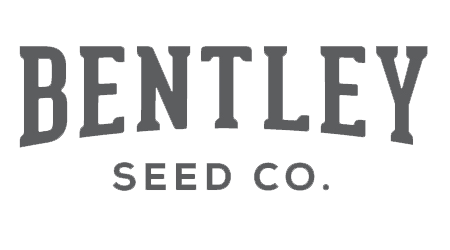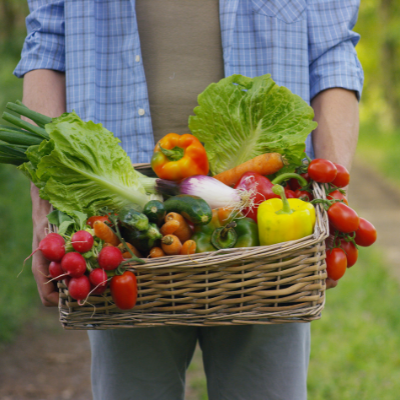Getting Your Kids Involved In The Garden
Gardening is truly one of the best ways to get outdoors, exercise, and relax, but it doesn’t have to be just for adults. We love gardening with our kids, and we want to encourage everyone to involve their kids this summer. Gardening allows kids to get a better sense of where their food comes from and learn important lifelong skills. Keep reading to discover some of the benefits of gardening with kids this summer.
Engage Healthy Eating
It can be a challenge to get children to enjoy vegetables with their meals, but a garden is a great way to change this. Growing your own food can be exciting and encourage your children to expand their palate. Eating food you grew from a seed makes meals more important and is a great way to add more vegetables to everyone’s plates.
Teach Responsibility
Gardens are a work of progress that start in the spring and need constant attention until harvest. Learning how to care for your plants properly, from watering to weeding, helps teach responsibility to kids. Working alongside them and developing a routine is a great way to help them learn valuable life skills.
Gardening is Science
Gardening with kids is a great way to teach your children about the natural world and the science behind your garden. It is one of the top gardening activities for kids, where you can teach them why fertilizing works, how sunlight is converted into energy, what makes leaves green, and so much more. Teaching children about these things early on helps them grow their interests and learn to discover the world around them.
Teach Patience
A healthy garden doesn’t develop overnight. It takes weeks to get your seeds started and even longer to bring your garden to harvest. Gardening with kids can be a great learning experience that teaches your children how to be patient. It can be exciting to watch the growth, and at the end of the summer, your patience is rewarded with delicious home-grown fruits and vegetables.
Garden With Bentley Seed Co.
At Bentley Seed Co, we provide a large variety of seeds for any garden and any age. Our team provides fresh crops, high germination, non-GMO, untreated seeds that are safe for you, your family, and your garden. Shop our collection or contact our team today to find the best seeds for you and your family to start planting together!



